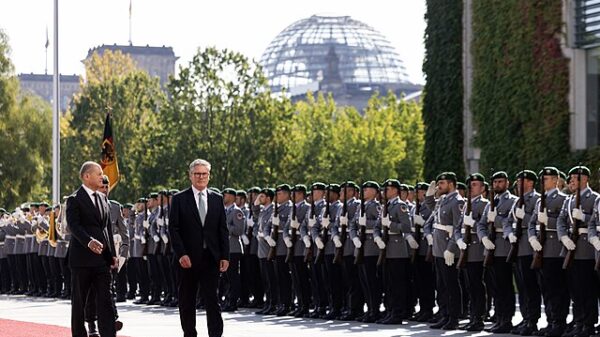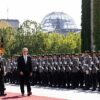Staff writer Hokyung Jung discusses the historical importance of national identity and looks at contemporary issues brought about by a resurgence in nationalism today.
What is nationalism
Nationalism is a collective identity rooted in shared culture, interests and social values. Early modern traces can be found from the Protestant Reformation, where the state became more reliant on the people within the nation, instead of those outside of it. Nations with high urbanisation and more developed cities tend to have a greater sense of national identity, as the course of the past few centuries has demonstrated. Since then, nationalism and self-determination have become a fundamental part of the nation-building process, and have helped to drive modernisation and globalism. This general patriotism is evident throughout history in the use of shared identity to sell and buy products, collect taxes, recruit for the military and, in some cases, to elect governments.
Yet the idea of collectivism is intrinsically linked to superiority – believing that one set of values is better than the rest – and has thus led to segregation and ‘othering’. Discrimination against marginalised groups, being vulnerable, can be easily weaponised. Politically, such sentiments have paved the way for the rise of both extreme left and right parties. Following the end of the World Wars, nationalism has been generally discouraged in comparison to cosmopolitanism due to its dangers. International institutions like the European Union emerged as a response.
However, due to rising economic crises, demographic changes and anxieties associated with war and terrorism, there is a contemporary revitalisation in nationalism across the globe. Brexit and the election of Trump shows that the radical right have been re-popularised. The current Ukrainian crisis signals the height of modern day nationalism on both sides of the conflict.
Driving forces of contemporary nationalism
Mass immigration is at the centre of the recent spike in nationalism. An election day poll of the 2016 Brexit referendum discovered that one third (33%) of Leave voters said their primary reason was that leaving the EU “offered the best chance for the UK to regain control over immigration and its own borders.” International migration poses a threat to national security, especially as it is associated with a proliferation of terrorist activities. The November 2015 Paris attack arguably influenced the outcome of the Brexit referendum. Though immigration does not automatically result in terrorism, a rise of public fear in-part explains the tighter unity within a nation, when faced with potentially violent outsiders.
Nationalism also forms the foundation of state stabilisation. Post-colonial states in Asia and Africa continue to utilise nationalism as their main legitimating force: national ideals are behind every policy. Similar trend can be found in Russia, as the collapse of the Soviet Union failed to generate the political experience that would shape a new Russian national identity. Whilst “Britain had an empire, Russia was an empire” – its dissolution created a void in the nation’s heart more than any other imperial collapse. It is no surprise that the country longs for its former imperial and Soviet sense of nationalism, evident in Putin’s foreign policies. By some estimates, more than 60% of the population supported the government’s war against Ukraine, particularly the elderly. This indicates the public’s profound nostalgia for the a Soviet past – this has long been a determinant of Russian national identity.
The future of nationalism
Nationalism is likely to remain a crucial force in the upcoming years. Brexit saw a “shift away from international cooperation, sharing sovereignty, building international relations to addressing the sovereign rights of specific countries” for the first time in the UK since the Second World War. Nationalism will continue to act as the antithesis of globalism. Russian aggression and European populism bring forward the question of whether nationalism should be celebrated or repressed. It will long remain a problem for our politics.















